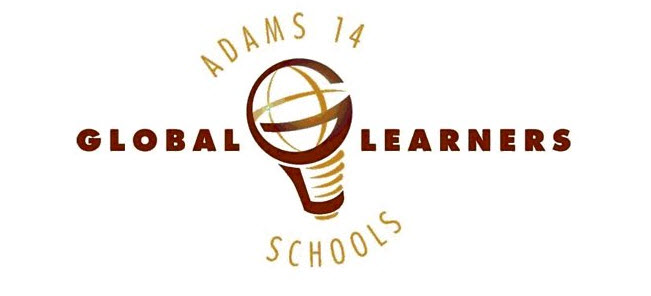We must first define what a student is in order to determine the skills a student possess upon exit from our institutions.
"A student is one who studies. He is an attentive and systematic observer. A student is one who reads and studies in detail in order to learn and then apply.
He understands the purpose of his study is to:
Understand the materials he is studying by reading, observing, demonstrating, and drilling.
He does this in order to be able to apply what he has learned. He understands his studies have to come together so he can apply the data to a specific result. His ultimate reward is:
The ability to produce specific results or products and do it with ease and do it right repeatedly.
When he can do that he is no longer a student. He is a professional."
(http://www.freezoneamerica.org/Clearbird/study2004/manual/00student.htm)
Now let's disassemble this definition a bit.
1. A student is "an attentive and systematic observer...one who reads and studies in detail in order to learn and then apply."
If our students are to be global learners, they must systematically observe and learn about the world in which they live. First and foremost, our students must be excellent readers and critical thinkers to excel in modern society; because global learners must be able to gather knowledge, learn new skills at the drop of a hat, and apply those skills in diverse environments (alone or with a team, in the home, in the office, on the public transport with wireless connectivity, etc.).
2. A student understands the purpose of study...
So much of the national dialogue on education currently revolves around this concept. How can we make the education of public school relevant to our students? How do we show students that the ability to apply what they're learning in school will, at the very least, make a difference in their lives, if not the lives of others in the global environment? It's not about economic competition, it's about the personal success of each student that walks through our doors daily.
3. "Reading, observing, demonstrating, and drilling", then applying.
This belief reflects the educational philosophy of the 19th century and earlier. While these fundamental skills are critical, 21st century learning requires a total shift of process, in which students are applying skills they already know (technology skills, student/teacher interaction, collaboration) in order to observe, demonstrate and learn. Using the skills that are most familiar and applicable to student life allows teachers to create an environment in which students are learning without even knowing it. Locally, this attitude has best been stated by Dupont Principal Carolyn Meritt, who remarked in the ACSD14 documentary Tools of the 21st Century, "Sometimes I wonder if they even know how much they're learning."
4. Upon attaining a level of applied learning and critical thinking, one then becomes a producer in the 21st century global learner. As stated above, one is no longer a "student" but a "professional". This is what we all want for our students: to graduate from our institutions prepared to tackle any challenge they wish.
Having now analyzed and arrived at some clarity on defining a "student", I feel compelled to share some final words of wisdom from the source listed above:
"There can be many reasons to study: Exam results, status, speed, glory, knowledge, whatever.
There is only one valid reason to study: Studying for understanding, application and be able to produce something of value."
Thursday, March 1, 2007
Subscribe to:
Post Comments (Atom)


4 comments:
Excellent way to distioll the attributes.
I think the remark that our students must be "excellent readers" brought this post home to me. I also like that you said it isn't about "economic competition", but rather "personal success". I think the economic success argument frequently clouds our future potential. We end up using the economic competition as a scare tactic to motivate. I prefer the personal success as a vision that we can cling to.
So, if we take your final sentence: "Studying for understanding, application and be able to produce something of value." Is this a mission or vision statement? is this who want students to be? What would it mean to create assignments that spurred that kind of thinking in students?
Great questions, Doc.
I think a little wordsmithing is in order, but that's definitely an appropriate vision.
How about "Students learn in order to understand the world, apply knowledge, and produce something of value"?
As for the kind of assignments that will address this vision, I'd promote interactive and collaborative instruction/lessons/projects in order to create understanding of the world in our students.
Yeah, I think we are getting there. I like the term "authentic" or "real world" slightly better than "value". I like understand, apply, and produce as the action verbs.
Agreed that "value" probably isn't the best term, as it's entirely too vague. Let's work on it...
Post a Comment